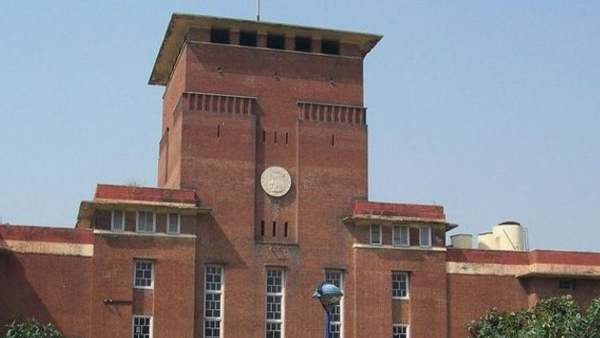
DUSU Elections 2025 vote counting starts today after 39.45% turnout. Key candidates include Aryan Maan (ABVP), Joslyn Nandita Choudhary (NSUI), and Anjali (SFI-AISA), amid strict rules and security.
DUSU Election 2025: The highly awaited vote counting of the Delhi University Students' Union (DUSU) Elections 2025 will start today, September 19, at 8:00 am at the Multipurpose Hall, University Sports Stadium, North Campus. Voting took place in two shifts on September 18, a morning shift from 8:30 am to 1:00 pm for day colleges and an evening shift from 3:00 pm to 7:30 pm for evening colleges.
DUSU Election 2025: Voting percentage
According to media reports, by 2:30 pm, the turnout had already reached 35%, indicating vigorous participation. By the end of polling, over 1,55,000 students had voted, bringing the overall turnout to 39.45% in 195 booths in 52 centres. As of 5:45 pm, 43 polling booth EVMs had recorded 1,33,412 votes out of which 52,635 had been counted.
DUSU Election 2025: Name of candidates
Contenders for the President post include the big candidates: Joslyn Nandita Choudhary from NSUI, Aryan Maan from ABVP, and Anjali from the SFI-AISA alliance.
DUSU Elections 2025: How are student elections voting modernising this year?
This year's drive towards modernisation has brought with it a dual voting system, electronic voting machines (EVMs) for central panel votes and paper ballots for college-level voting, that's balanced between technology and convention. Added to this, increased security, rigorous surveillance, and controlled campaigning underscore the administration's concerted effort to make the electoral process transparent, secure, and free from malpractices.
DUSU Election 2025: Celebratory procession restricted
Moreover, the Delhi High Court has prohibited candidates and student groups from conducting victory processions after results are declared, asking the Delhi Police, DU administration, and city government to take adequate measures to avert any untoward consequences.
Additionally, the University has implemented the Lyngdoh Committee's anti-defacement regulations with unprecedented strictness, leaving hostel and college walls graffiti- and poster-free — a picture unseen in years.